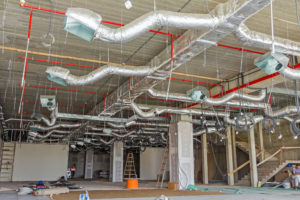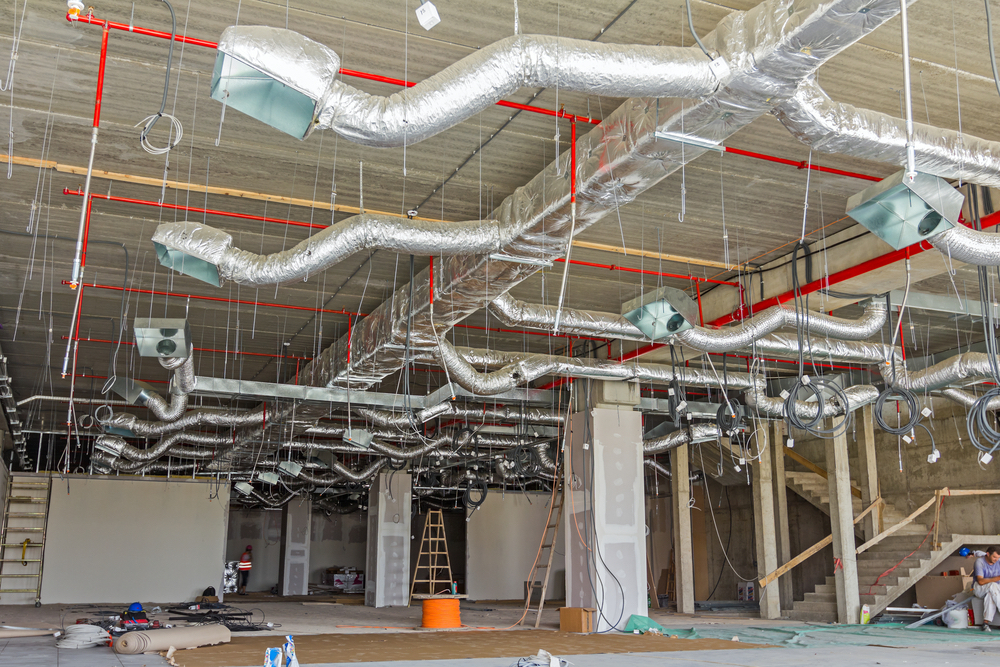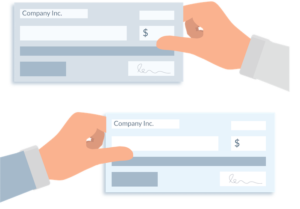
The Alabama Prompt Pay laws were enacted to quell one of the most damaging practices in the construction industry; slow payment. Having to chase down payment is both costly and timeconsuming. Particularly for lower-tier subs and suppliers who are relying on steady cash flow to complete the contract. Almost every state has its own version of these types of regulations. Let’s take a look at the specifics for prompt payment on public and private projects within the state of Alabama.
Alabama prompt payment overview
There are two sets of Alabama prompt pay laws that cover both public and private construction projects within the state. Compared to many other state prompt payment acts, the Alabama regulations are fairly straightforward and don’t impose too many requirements. Essentially, these provisions act as a default payment schedule to ensure that contractors, subcontractors, and materialmen receive timely payment for the labor, services, and materials to a construction project.
Prompt pay on public projects
The Alabama prompt pay statute that governs public projects is found in Ala. Code §41-16-3(a), under the title “Timely Execution of State Contracts Required.” This statute sets forth all of the rules and requirements, ensuring timely payments on publicly funded projects in Alabama.
Timeframes for payment
The regulations for payment on Alabama public construction projects are meant to be the default rule. For the most part, the statutes allow the parties to agree to their own terms and deadlines. However, if the contract is silent regarding certain payment terms, then the statutory deadlines and requirements will kick in.
Payment from the public entity to prime contractors
Once the prime, or general contractor, has fully executed their responsibilities under the contract terms, they will be entitled to submit an invoice and get paid. Once the public entity has received a proper invoice; they have 30 days to release the progress payment pursuant to the invoice.
If the public entity has reason to dispute the request for payment, they must send written notice. This notice should be sent to the contractor within 15 days of receipt, detailing the reasons payment is not forthcoming. As for final payments, they are due to be paid within 40 days of acceptance and completion of the work.
Payment from primes to subs
Once the prime contractor has received project funds from the public entity, the clock to pay subs and suppliers begins to tick. The payment terms will govern when invoices should be submitted and paid. However, if the contract is silent, then payment should be made within 7 days of receipt of payment.
This applies to every other payment down the chain. If the paying party disputes the request, written notice must be sent to the requesting party within 5 days after receipt of the request.
Late payments on public projects
Grounds for withholding payment
The Alabama prompt pay laws explicitly set out a list of acceptable reasons that the state agency can withhold payment to their contractors. It states that there must be some sort of bona fide dispute regarding one of the following issues:
- Unsatisfactory job progress;
- Defective construction not remedied;
- Disputed work;
- Third-party claims, or reasonable evidence that one will be filed;
- Failure to make timely payments to their subs and suppliers;
- Property damage to the owner, contractor, or subcontractor; or
- Reasonable evidence that the contract can’t be completed for the unpaid balance of the contract sum.
If one of these issues exists, the public entity may withhold payment, but the amount withheld cannot exceed two times the amount of payment in dispute.
Penalties for late payment
If the amount that is due isn’t released within 30 days of receipt, interest will begin to accrue on the unpaid amount. The interest rate required under Alabama law is not set explicitly within the statute. Instead, the law requires that the interest rate be equal to the legal amount currently charged by the Alabama Department of Revenue. As for attorneys fees, there is no provision that specifically allows for the award of attorney fees.
Prompt pay on private projects
The statutes governing payments on private projects in Alabama are a bit more extensive. These are contained under Ala. Code Title 8, Chapter 29: Payments to Contractors and Subcontractors. These regulations are meant to cover most types of private project in the state, with a few notable exceptions. These regulations don’t apply to (1) residential homebuilders, (2) residential projects of 16 or fewer units, (3) contracts of less than $10,000, and (4) contracts with state or local governments of Alabama (obviously).
Timeframes for payment
These regulations set forth timing for payment, but will only apply if the construction contract is silent. Once a contractor, subcontractor, or material supplier performs in accordance with their contract terms, they will be eligible to submit a request for payment.
Payments from owners to general contractors
When a contractor submits a pay application, the owner is required to pay the contractor in a timely fashion. This should be done either in the way the contract requires or, if not, then by certified or first class mail. Regardless, the payment must be made within 30 days after receipt of the invoice or pay application.
Payments from general contractors to subcontractors
Again, if the subcontract provides payment terms, then they should be made according to the contract. However, if the contract doesn’t specify how payments should be made, payment should be released within 7 days of receipt of payment from the property owner.
Late payments on private projects
Grounds for withholding payment
The grounds to justifiably withhold payment on a private project is the same enumerated list of reasons provided for public projects. And, just like public projects, if there is a bona fide dispute, then the amount that can be rightfully withheld is limited to 2 times the amount of the payment in dispute.
Penalties for late payment
Any payments on private construction projects that are wrongfully withheld will be subject to interest. Here, once the payment becomes late, it will accrue interest at a rate of 1% a month (12% a year) and will continue to accrue until unpaid balance is resolved. Additionally, if the dispute results in a civil action, the prevailing party may be entitled to recover the payment of reasonable attorneys fees and court costs.
On Alabama private projects, this interest accrual can be waived if the parties agree to do so. However, this interest accrual cannot be waived before payment becomes due under the contract. Any provision providing for otherwise will not be enforceable. The law protects lower-tiered project participants by disallowing the waiver of this right only when payment has already become due.
Bottom line
Slow payment is one of the most prevalent problems in the construction industry. In order to combat this trend, many states, including Alabama, have enacted prompt payment laws. These are meant to provide an additional layer of protection for lower-tier project participants against slow payment. It’s not only important to know these regulations to protect your right to payment, but also to comply with the rules, so you don’t end up paying your subs or suppliers more than you have to.
Additional resources
- Alabama Prompt Pay Overview & FAQs
- How to Make a Claim Under Prompt Payment Laws
- Know Your State’s Prompt Pay Act to Speed Up Construction Payments





